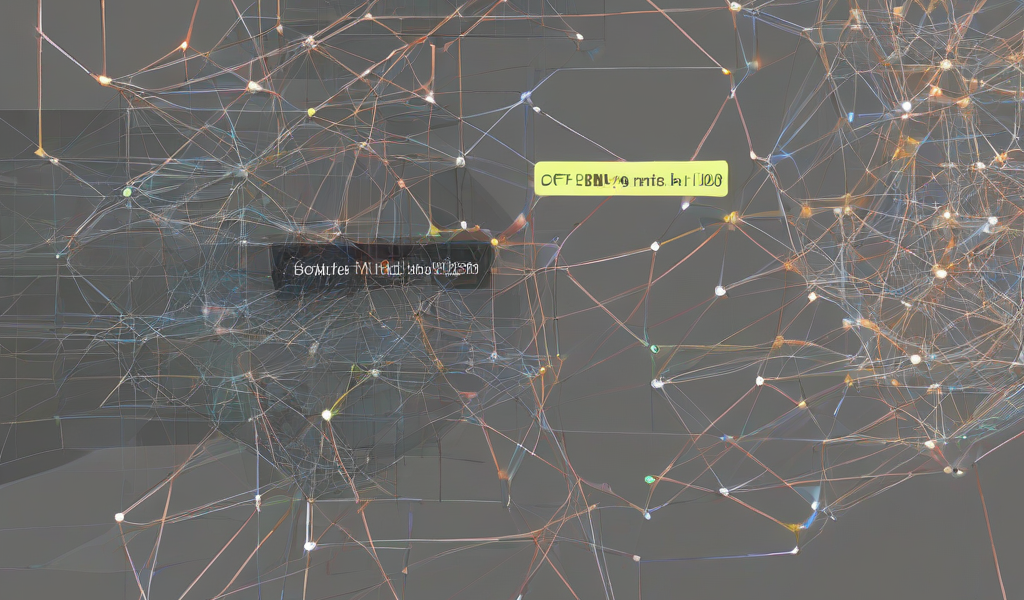Unlocking Potential: A Comprehensive Guide to the Bachelor of Science Degree
The Bachelor of Science (BSc) degree is a widely recognized undergraduate academic degree that provides a strong foundation in scientific principles and methodologies. This comprehensive guide delves into the diverse facets of a BSc, exploring its various specializations, career paths, and the overall benefits it offers to students.
What is a Bachelor of Science Degree?
A Bachelor of Science degree is a four-year undergraduate program focusing on scientific inquiry, critical thinking, and problem-solving skills. Unlike a Bachelor of Arts (BA), which often emphasizes humanities and social sciences, the BSc curriculum emphasizes rigorous scientific training, including laboratory work, data analysis, and the application of scientific principles to real-world problems.
Diverse Specializations within the BSc Framework
The beauty of the BSc lies in its versatility. It’s not a monolithic degree; rather, it encompasses a vast array of specializations catering to diverse interests and career aspirations. Some prominent examples include:
- Biological Sciences: This broad field encompasses various sub-disciplines, such as biology, zoology, botany, microbiology, genetics, and ecology. Students delve into the study of living organisms, their functions, and interactions with their environment.
- Physical Sciences: This area includes physics, chemistry, and astronomy, emphasizing the fundamental laws governing the physical universe. Students learn about matter, energy, forces, and the cosmos.
- Computer Science: A rapidly growing field, computer science focuses on the theoretical foundations of information and computation, encompassing software development, data structures, algorithms, and artificial intelligence.
- Earth Sciences: This field explores the Earth’s structure, composition, and processes, encompassing geology, geophysics, oceanography, and meteorology. Students study plate tectonics, climate change, and natural resources.
- Environmental Science: Addressing critical environmental challenges, environmental science integrates principles from biology, chemistry, and geology to study environmental issues like pollution, climate change, and resource management.
- Mathematics: A foundational discipline for many scientific fields, mathematics provides the tools and techniques for solving complex problems and modeling real-world phenomena. It encompasses various branches like calculus, algebra, and statistics.
- Engineering (various branches): While often a separate degree, many engineering programs are offered under the BSc umbrella, such as chemical engineering, electrical engineering, mechanical engineering, and civil engineering. These programs combine scientific principles with design and engineering applications.
- Data Science: This burgeoning field combines statistical methods, computer science, and domain expertise to extract insights from large datasets. It’s highly sought-after in various industries.
- Biomedical Science: This interdisciplinary field blends biology, chemistry, and medicine, focusing on the application of scientific principles to understand and address health issues.
Curriculum and Coursework
The specific curriculum varies significantly depending on the chosen specialization. However, most BSc programs share common elements:
- Foundational Sciences: Most BSc programs begin with foundational courses in mathematics, physics, and chemistry, providing a solid base for more advanced studies.
- Specialized Courses: As students progress, they focus on courses specific to their chosen specialization. These courses provide in-depth knowledge and practical skills in their chosen field.
- Laboratory Work: Hands-on laboratory experience is a crucial component of many BSc programs. Students conduct experiments, analyze data, and develop practical skills essential for scientific research.
- Research Projects: Many programs incorporate research projects, allowing students to apply their knowledge and skills to address real-world scientific questions.
- Data Analysis and Interpretation: The ability to analyze and interpret data is vital in scientific fields. BSc programs often include courses focusing on statistical methods and data analysis techniques.
- Communication Skills: Effective communication of scientific findings is essential. BSc programs often include courses focused on technical writing, presentations, and scientific communication.
Career Paths and Opportunities
A BSc degree opens doors to a wide range of rewarding career paths. The specific opportunities depend on the chosen specialization, but generally, graduates are well-equipped for roles requiring strong analytical, problem-solving, and technical skills. Some examples include:
- Research Scientist: Conducting research in academic settings or industry laboratories, contributing to advancements in scientific knowledge.
- Data Scientist/Analyst: Analyzing large datasets to extract insights and inform decision-making in various industries.
- Software Engineer/Developer: Designing, developing, and maintaining software applications.
- Biomedical Engineer: Applying engineering principles to solve problems in healthcare and medicine.
- Environmental Consultant: Advising organizations on environmental regulations and sustainability practices.
- Geologist/Geophysicist: Exploring for natural resources, assessing geological hazards, or conducting research on Earth processes.
- Laboratory Technician: Performing laboratory tests and analyses in various settings.
- Science Educator/Teacher: Educating and inspiring the next generation of scientists.
- Government Agencies (Environmental Protection, Public Health): Working in roles requiring scientific expertise to develop policies and regulations.
- Pharmaceutical/Biotech Industries: Research and development roles in the development of new drugs and therapies.
Further Education and Advancement
A BSc degree serves as a strong foundation for further education. Many graduates pursue postgraduate studies, such as a Master of Science (MSc) or a Doctor of Philosophy (PhD) degree, to specialize further in their chosen field or pursue advanced research opportunities. These advanced degrees can lead to more specialized and high-level positions in academia, research, and industry.
Skills Gained from a BSc
Beyond specific technical knowledge, a BSc degree equips graduates with a valuable set of transferable skills highly sought-after by employers:
- Critical Thinking and Problem-Solving: The ability to analyze information, identify problems, and develop effective solutions.
- Analytical Skills: The capacity to collect, analyze, and interpret data to draw meaningful conclusions.
- Research Skills: The ability to design and conduct research, collect and analyze data, and communicate findings.
- Laboratory Skills: Practical skills in conducting experiments, using scientific equipment, and analyzing results (relevant to many specializations).
- Data Analysis and Interpretation Skills: Proficiency in statistical methods and data visualization techniques.
- Communication Skills (written and oral): Clearly and effectively communicating complex scientific information to both technical and non-technical audiences.
- Teamwork and Collaboration: Working effectively in collaborative settings to achieve common goals.
- Time Management and Organization: Effectively managing time and resources to meet deadlines.
Choosing the Right BSc Specialization
Selecting a BSc specialization is a crucial decision. Students should carefully consider their interests, skills, and career aspirations. Researching different specializations, talking to professionals in the field, and exploring potential career paths are essential steps in this process. Consider factors like the job market outlook, the type of work environment you prefer, and the level of challenge you are seeking.
Conclusion (Omitted as per instructions)




